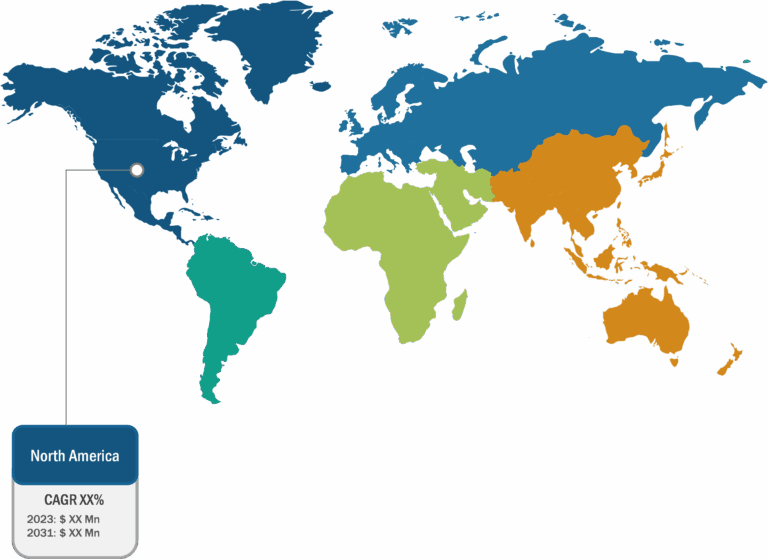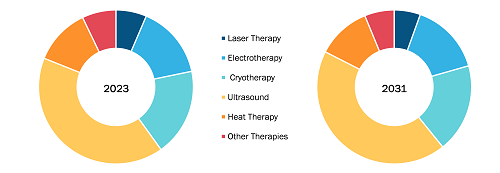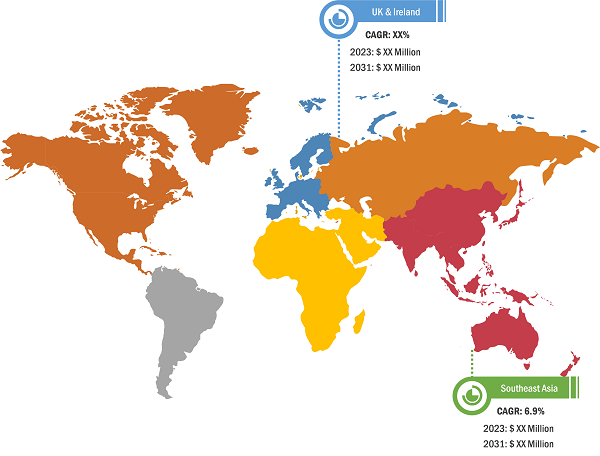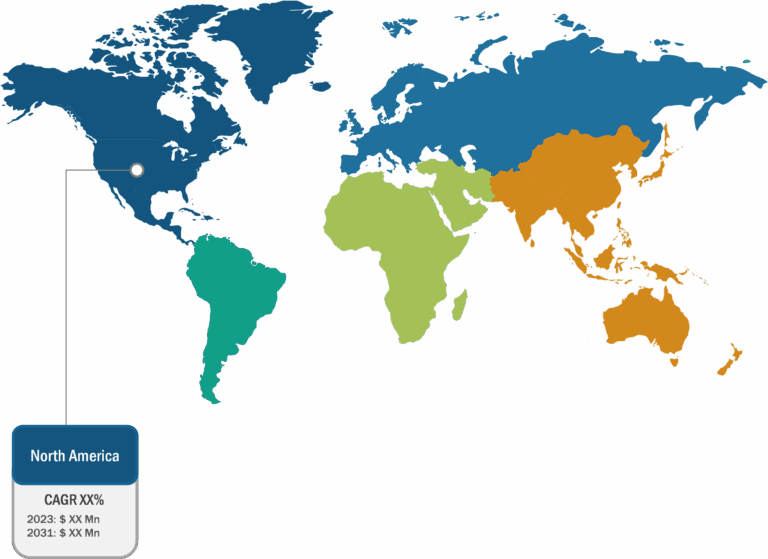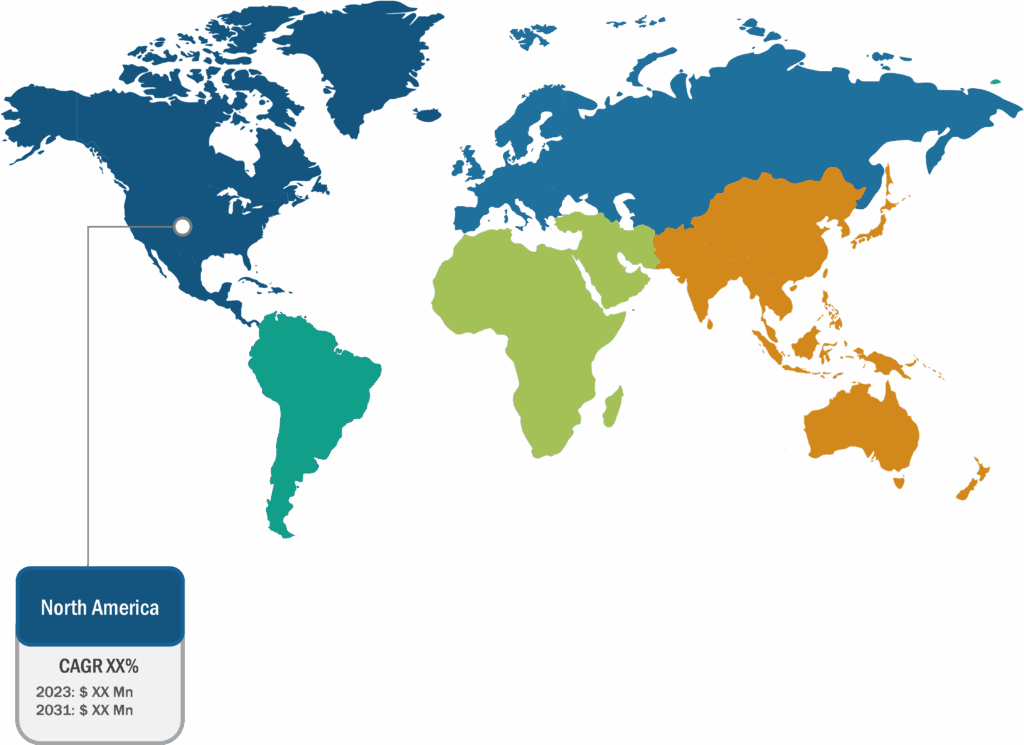
North America Point-of-Care Molecular Testing for Infectious Diseases Market
Surging Prevalence of Infectious Diseases Drives North America Point-of-Care Molecular Testing for Infectious Diseases Market
Infectious diseases adversely affect public health, causing morbidity, mortality, and economic burdens. The effective management, treatment, and prevention of these health conditions require accurate and timely diagnosis. Molecular diagnostics techniques, laboratory-based assays, and point-of-care tests are employed for the diagnosis of HIV, tuberculosis, and hepatitis C; human papillomavirus screening for cervical cancer; and the monitoring of health and treatment progress in patients. Healthcare providers turn to point-of-care testing to streamline diagnostic processes, reduce turnaround times, and enhance patient care. These tests also ease diagnoses during infectious disease outbreaks. According to data published by the CDC in 2022, Florida (US) suffered the onset of concurrent epidemics of hepatitis A, invasive meningococcal disease (IMD), and mpox (formerly known as monkeypox). Mpox cases were more strongly concentrated in South Florida and peaked in August. In contrast, the hepatitis A and IMD epidemics were centered in Central Florida and peaked from March to June. Nearly 2,845 cases of the mumps were reported in Florida as part of a worldwide outbreak. HIV infection was found in 52% of mpox patients compared to 21% of hepatitis A and 34% of IMD cases. These pathogens include hepatitis A, mpox, and meningococcal disease.
North America Point-of-Care Molecular Testing for Infectious Diseases Market: Regional Overview
Based on geography, the North America point-of-care molecular testing for infectious diseases market is segmented into US, Canda, and Mexico. In 2023, US held the largest market share. The increasing prevalence of infectious diseases, the rising geriatric population, and a surging number of product launches by key players are the primary contributors to the point-of-care testing for infectious diseases market growth in the US. Aging is a prominent risk factor for infectious diseases, as people above 60 generally have compromised immunity. According to a study published by the Population Reference Bureau in 2020, the population of individuals aged 65 and above was 55 million in the US in 2020, and the number is expected to reach 95 million by 2060. Regulatory agencies in the US rigorously monitor the development of point-of-care (POC) testing products. For instance, in March 2021, the US Food Drug Administration (FDA) authorized Binx Health IO CT/NG Assay for community-based clinics, urgent care settings, and outpatient healthcare facilities; it is the first POC testing product for diagnosing chlamydial and gonorrheal infections.

North America Point-of-Care Molecular Testing for Infectious Diseases Market: Competitive Landscape and Key Developments
Apart from factors driving the market, the North America point-of-care molecular testing for infectious diseases market report emphasizes prominent players operating in the market; these include Abbott Laboratories, Agilent Technologies Inc, Becton Dickinson and Co, Bio-Rad Laboratories Inc, Cardinal Health Inc, Danaher Corp, Cue Health Inc, QuidelOrtho Corp, Thermo Fisher Scientific Inc, and F. Hoffmann-La Roche Ltd. Market players focus on expanding and diversifying their businesses and acquiring novel customer bases, which allows them to explore attractive business opportunities prevailing in the North America point-of-care molecular testing for infectious diseases market. As per company press releases, a few recent developments are as follows:
- In April 2024, QuidelOrtho Received FDA Clearance for Its QuickVue COVID-19 Test. This clearance authorizes the marketing and selling of the Savanna multiplex molecular platform and the Savanna HSV 1+2/VZV assay to US laboratories conducting moderate or high-complexity diagnostic testing.
- In March 2024, Roche received FDA approval for the first molecular test to screen for malaria in blood donors in the US. Roche’s cobas Malaria test was approved by the FDA for use on the cobas 6800/8800 Systems. The test identifies infected blood units, making the blood supply safer. The test screens for the five main species of Plasmodium parasites that cause human infection. It can be used to screen blood, organ and tissue donors, improving blood safety and availability.
- In February 2023, Thermo Fisher Scientific collaborated with Mylab to source RT-PCR kits for the detection of multidrug-resistant Mycobacterium tuberculosis (MDR MTB), hepatitis B and C viruses, and HIV; genetic analysis of HLA B27; and so on.
- In March 2022, Quest Diagnostics launched two post-COVID-19 panels to provide information on health problems that may persist after prior COVID-19 virus infections. According to Quest, the Post-COVID-19 Basic Panel and Post-COVID-19 Expanded Test Panel offers customers a more thorough examination of their health and aid in getting them ready for conversations with their healthcare providers.

